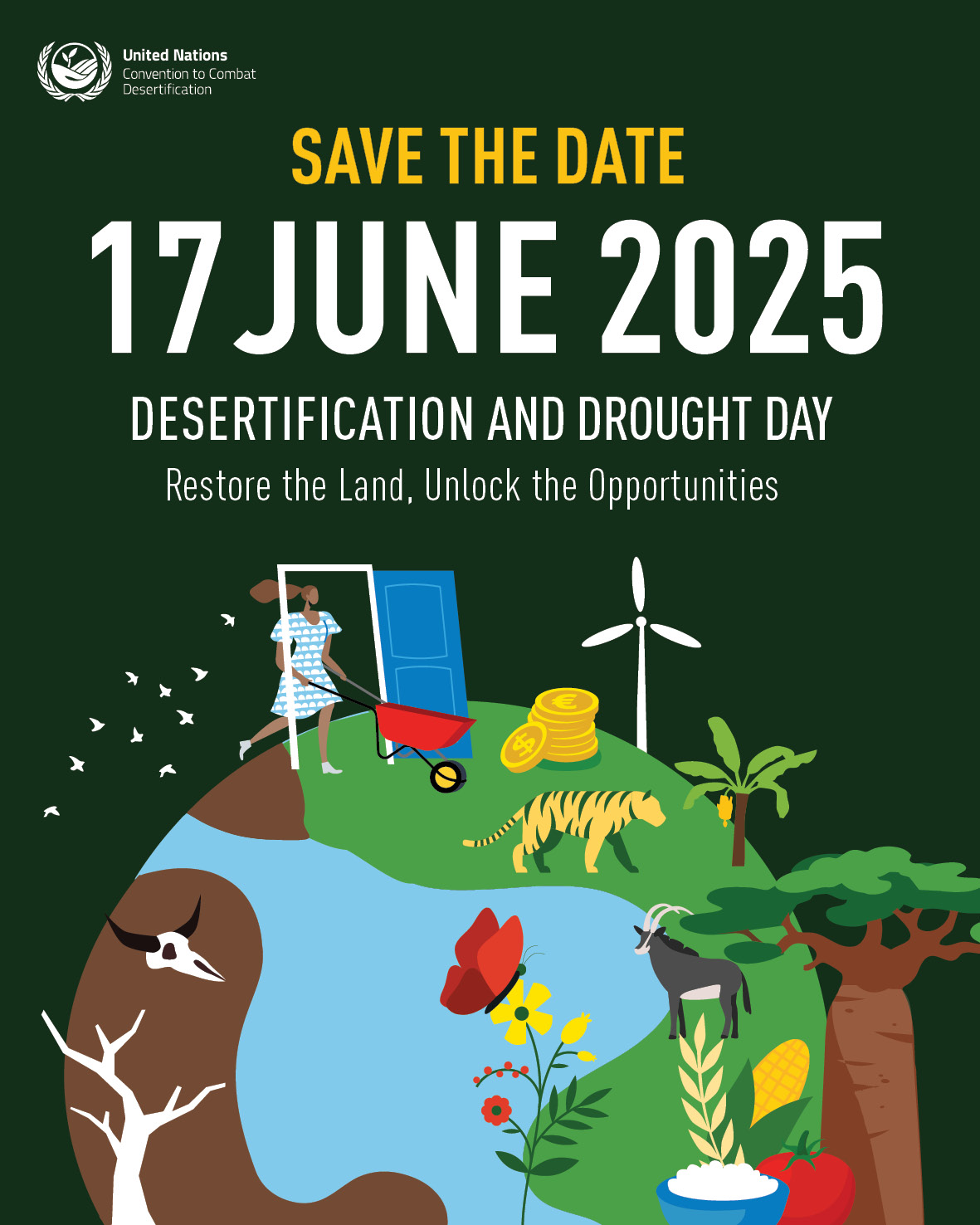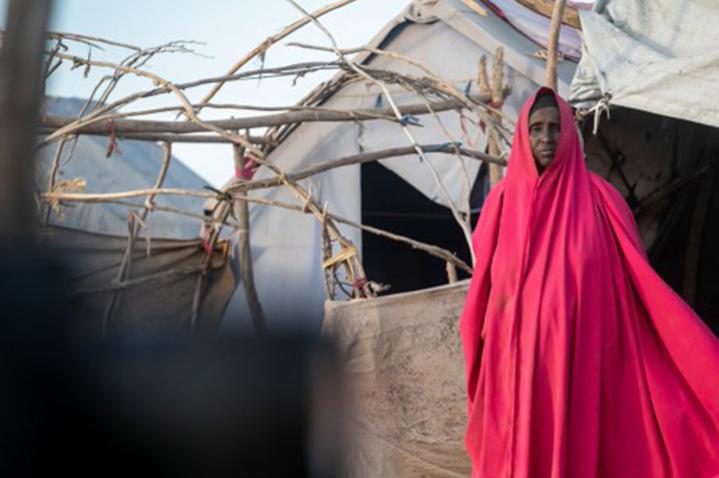Restore the land. Unlock the opportunities
Healthy land underpins thriving economies, with over half of global GDP dependent on nature. Yet we are depleting this natural capital at an alarming rate: every minute, the equivalent of four football fields is lost due to land degradation.
This drives biodiversity loss, increasing drought risk and displacing communities. The ripple effects are global—from rising food prices to instability and migration.
Desertification, land degradation, and drought are among the most pressing environmental challenges of our time, with up to 40% of all land area worldwide already considered degraded.
As the United Nations Decade on Ecosystem Restoration 2021-2030 marks its halfway point, we must accelerate efforts to turn the tide of land degradation into large-scale restoration. If current trends continue, we will need to restore 1.5 billion hectares of land and jumpstart a trillion-dollar land restoration economy by 2030.
Under the theme "Restore the land. Unlock the оpportunities", the 2025 observance shines a light on how restoring nature’s foundation—land—can create jobs, boost food and water security, support climate action and build economic resilience.
Now is the time to turn ambition into action.

Download the digital materials
Learn more about the Day and access the campaign materials in several languages: social media cards, banners, proposed messages and other content to support the UN Convention to Combat Desertification, which leads this year’s observance. Hosting an event to mark the Day? Add it to the virtual map of events around the world.
Did you know?
- Every second, an equivalent of four football fields of healthy land becomes degraded.
- Each USD invested in land restoration can yield up to 30 USD in return. In many countries affected by desertification, land degradation and drought, agriculture represents a high share of economic revenue.
- Conservation agriculture can cut crop water needs by up to 30% during droughts.
What do you see when you look at the land?
UN event: "Restore the Land. Unlock the Opportunities" June 17, 2025
The Republic of Colombia hosts this year’s global observance of Desertification and Drought Day, underscoring its commitment to addressing land degradation through nature-based solutions. Held in Bogotá, the event spotlights the urgent need to scale up land restoration as a catalyst for sustainability, peace and inclusive development, while emphasizing the vital role of healthy land in ensuring food, water, jobs and security.




